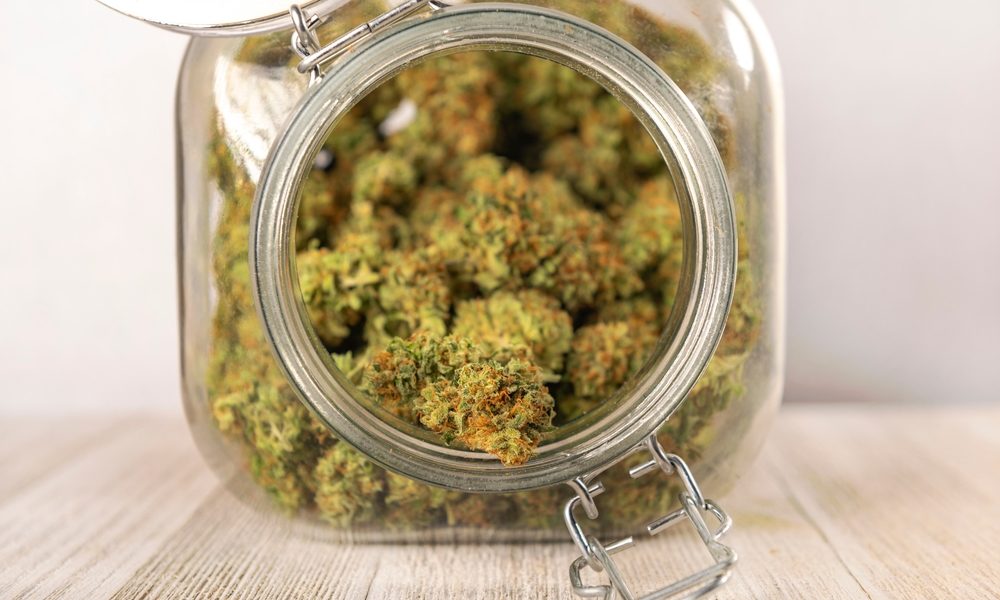Missouri voters approved Amendment 3 earlier this month on Election Day, legalizing recreational cannabis for adults over 21 years of age and paving the way for a legal retail market in the near future. As regulators work to launch the new program, they may need to address a few loose ends—namely, hundreds of lawsuits tied to the 2019 rollout of medical cannabis in the state, St. Louis Post-Dispatch reports.
The lawsuits are from companies that failed to get a limited number of licenses to grow, transport and sell cannabis. Of the 880 total lawsuits, 430 are still making their way through the state’s Administrative Hearing Commission (AHC) process.
According to Mary Erickson, a spokesperson for the AHC, told the St. Louis Post-Dispatch that the remaining cases are currently in various stages of litigation.
“Some cases are pending decisions after hearings while some cases have been set for hearing,” Erickson said.
After Missourifirst legalized medical cannabis and launched the licensing process, it received 2,266 cannabis business applications filed by at least 700 different groups. Missouri regulators ultimately awarded 60 licenses to grow cannabis, 86 for makers of cannabis-infused products 192 for retail dispensaries.
Of the companies that didn’t get licenses, many called out the flawed state’s scoring system for awarding permits. According to the hearing commission docket, it will likely be well into next year before the remaining cases are resolved. One case dated March 2020 involving Dream Leaf LLC, which was unable to obtain a license, shows that the applicable parties may not meet in court until March or April of 2023, per the Post-Dispatch.
Dream Leaf had applied to open a facility in Clay County, but the Missouri Department of Health and Senior Services (MDHSS) said local ordinances prohibited dispensary operations. The company also alleged that the scoring system for determining winners and losers of licenses was incorrect.
Due to the remaining cases, the MDHSS has hired private, outside lawyers, resulting in more than $10.2 million in costs, including more than $700,000 since July 1. The AHC even has a job opening for an attorney to focus primarily on medical cannabis cases. It’s a temporary position that can be done remotely, and it pays up to $60,000 a year.
“Ideal opportunity for experienced attorneys to continue practicing law in the short term and receive state benefits,” the job posting says.
Ultimately, those who won medical licenses are now the first in line for new recreational licenses, which are approved as part of Amendment 3. Missourians approved the change, with 53% saying “yes” to recreational cannabis. In turn, those with medical cannabis licenses have the right to “convert” their medical licenses into recreational ones.
Companies have until December 8 to apply for “comprehensive” sales permits. The state must then state action on those applications within 60 days, meaning that it must approve applications by February 6, 2023. DHSS spokesperson Lisa Cox said that officials expect to convert licenses prior to the 60-day deadline, “as soon as we have rules for the comprehensive facilities filled,” she told the Post-Dispatch.
It looks like the state is ready to hit the ground running with recreational cannabis. Missouri’s Department of Health and Human Services (DHHS) released draft regulations for the adult-use market and opened a public comment period just two days after voters approved the legalization amendment.
Officials expect the first retailers will be licensed to begin recreational sales in Missouri as early as February 2023, Marijuana Moment reports. Additionally, state leaders also expect they will accept applications for adults who want to grow their own cannabis at home around the same time.
Speaking with Marijuana Moment, Legal Missouri 2022 Campaign Manager John Payne praised the department’s speed, moving quickly to release the draft rules and encouraging public comment.
“They are clearly committed to meeting the deadlines in Amendment 3 and creating a successful adult use program here in Missouri, and we look forward to working with them on implementation.”
The current draft rules only allow up to 192 medical cannabis and “comprehensive” dispensary licenses, divided evenly among the state’s eight districts. Payne said that this limit may have been a drafting error, since there are already more than 200 medical cannabis dispensaries in the state.

